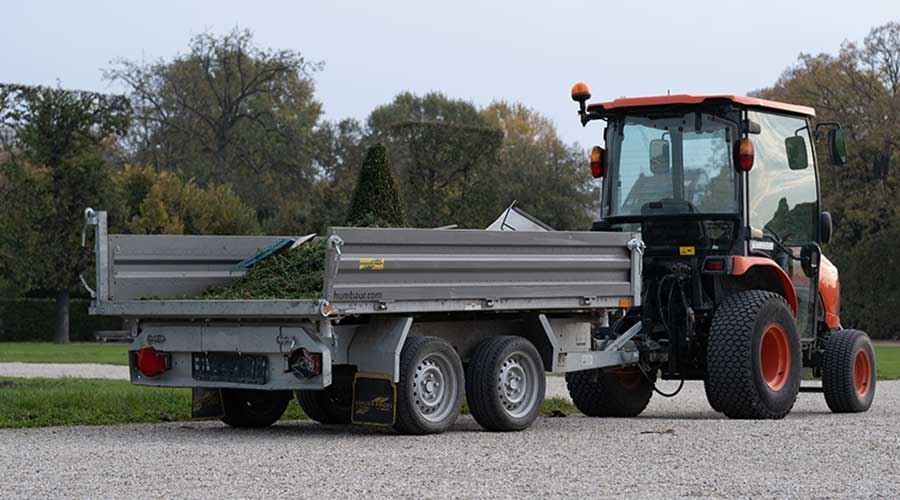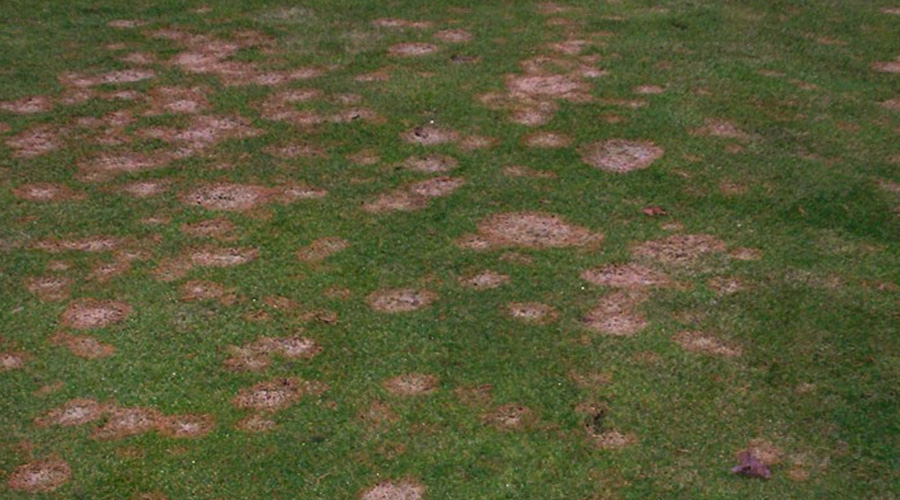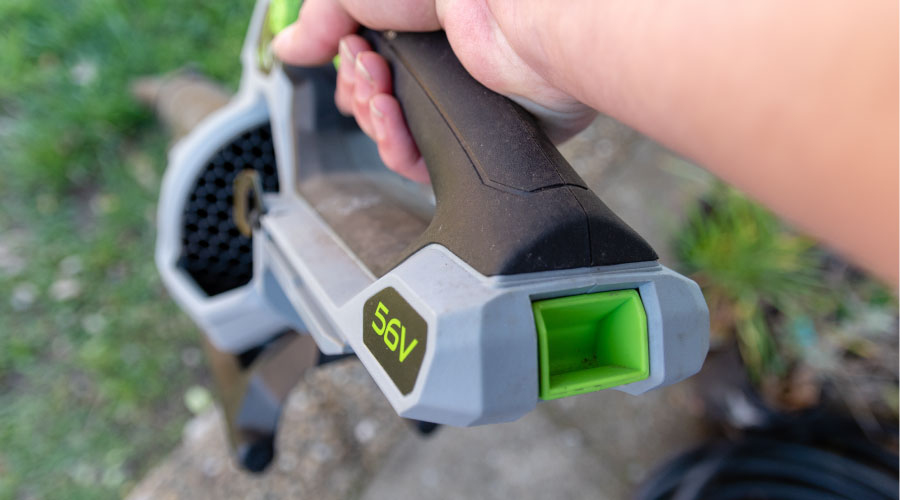Grounds Management Experts Predict the Industry's Future
Grounds industry leaders offer their thoughts on what they are seeing for 2025
Grounds managers have experienced plenty of change in their operations at institutional and commercial facilities in recent years.
Mowers, utility vehicles and handheld equipment such as hedgers and trimmers are increasingly powered by electricity. Autonomous mowers are becoming popular options, and more grounds-related data is helping managers make savvier decisions on issues such as irrigation and maintenance.
It’s definitely an interesting time for grounds management, according to three managers who offered their thoughts on topics and trends for 2025 in areas such as grounds technology, workforce changes and landscaping trends.
The panel includes:
- Matt Bailey, landscape services manager, Michigan State University
- Paul Cushing, agronomist-sports field specialist, PC Turf Pro consulting service
- Shane Richards, landscape operations and maintenance manager, Utah State University
Facilities Maintenance Decisions: What new technologies are entering the mainstream for managers in commercial and institutional facilities?
Bailey: I think the use of technology is going to change the game for grounds management. New GPS units have capabilities of measuring location, ground speed, PTO on-off, giving you accurate equipment utilization information as well as monitoring safe operations or damage events.
Richards: Smart irrigation systems are something that I think everybody should have or will have. It’s a trend that will continue to grow. We’ve spent a considerable amount of money to make sure we have a smart irrigation system. We converted all our clocks over to a smart irrigation system within the last eight years. About 2021, we had a pretty good drought season, and it became kind of a hot subject of what do we do to conserve water, and we dialed in our smart irrigation system. We dropped our water use by about 40 percent.
We’ve worked with electric mowers and tried different ones over the years. The ones that we use right now are both autonomous and manual. The autonomous mower sensors are really safe, and around downed trees and then obstacles, they slow down. With electric models on a college campus, noise pollution is one of the big things. We’re working the same hours the kids are in school, and the professors are trying to teach, so the electric machines quiet things down a lot so we can work without disturbing the mission of the college and educating people. The hybrid machines have some manual options, and I think that’s one thing that will trend more.
Cushing: Robotic field painters are extremely popular. School districts are doing it because of the time and energy that it takes to paint fields. The price tag of $20,000 to $30,000 is hefty. I would say robotic mowers are just so far priced out of range, especially for the K-12 market. I think eventually once the price starts to come down and it becomes a little more mainstream, you’re going to see that more on sports fields at the youth level. In California, irrigation is such a huge part of what we do, so I would probably say 80 percent to 90 percent of our schools have smart controllers because of mandates from the state.
FMD: How have you used data analytics and sensor technologies to optimize your grounds maintenance operations?
Richards: I tell my staff the universal language is numbers. I know the green industry well, so the accounting department and the controllers rely on communication between us and them for the numbers. We track as much as we can. We track our water use and irrigation, our machine cost for maintenance. We track our labor cost for the different machines we compare. The data is what convinces everybody else and gets us all on the same page that purchasing something is a good idea. We can show the positive and negative either way. I generally don’t even go in and ask for something unless I have data or unless I have numbers I can present. A man without numbers is just another man with an opinion.
Bailey: We have implemented GPS units onto all fleet equipment for fleet maintenance. We can verify engine hours and miles and schedule preventive maintenance intervals. We are also able to find out when and where equipment was damaged and what the operator was doing when there was a fault. This enables us to have planned maintenance instead of reactive maintenance while eliminating breakdowns or downtime.
Dave Lubach is executive editor of the facility market. He has more than nine years of experience reporting on facility management and maintenance issues.
Related Topics:













